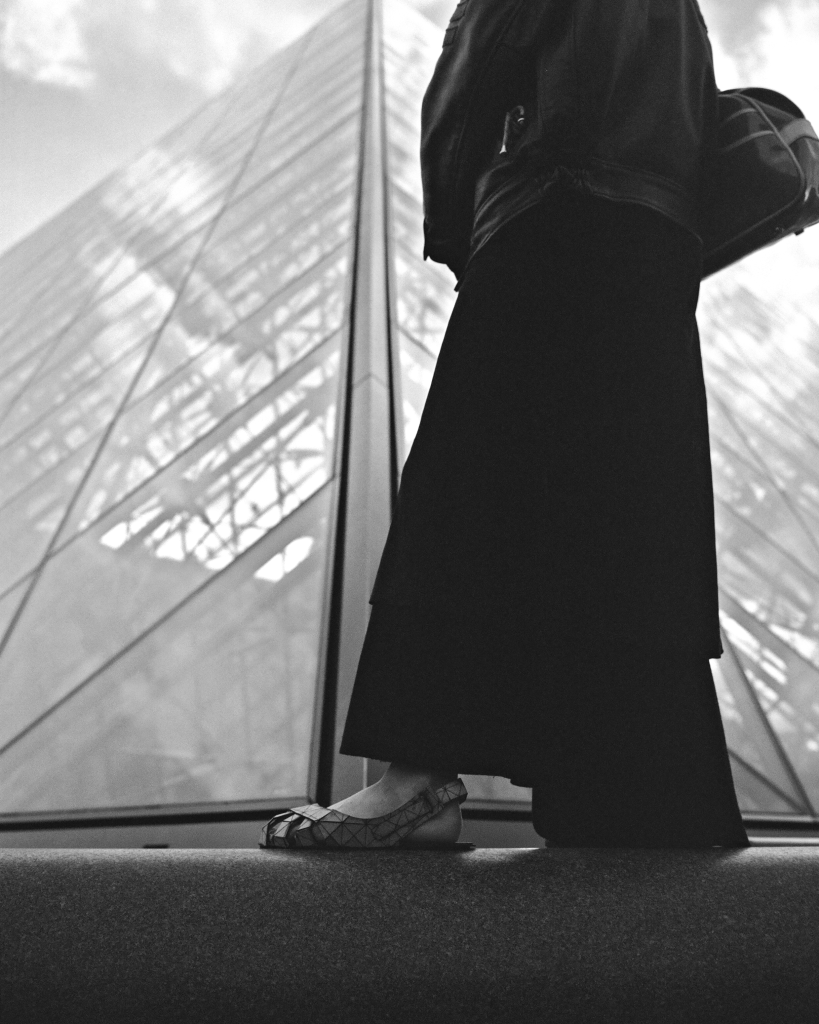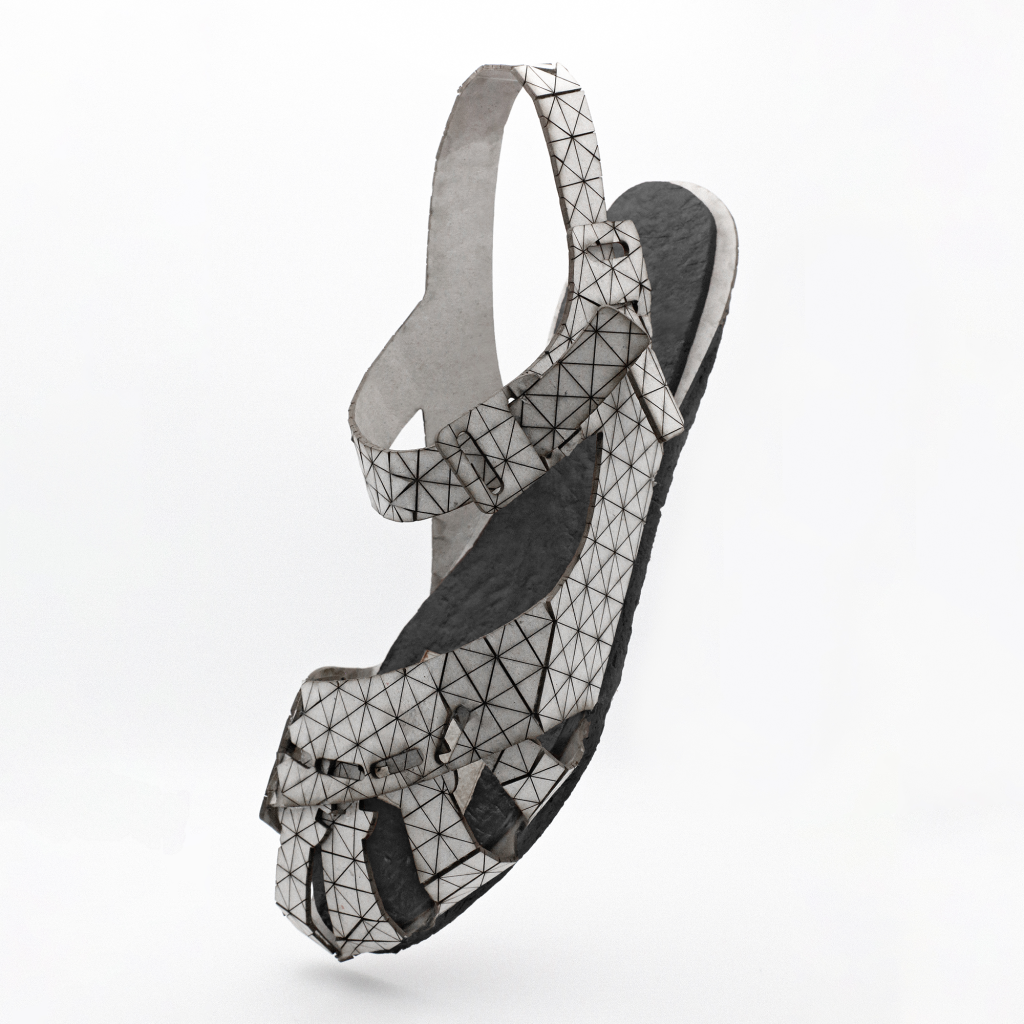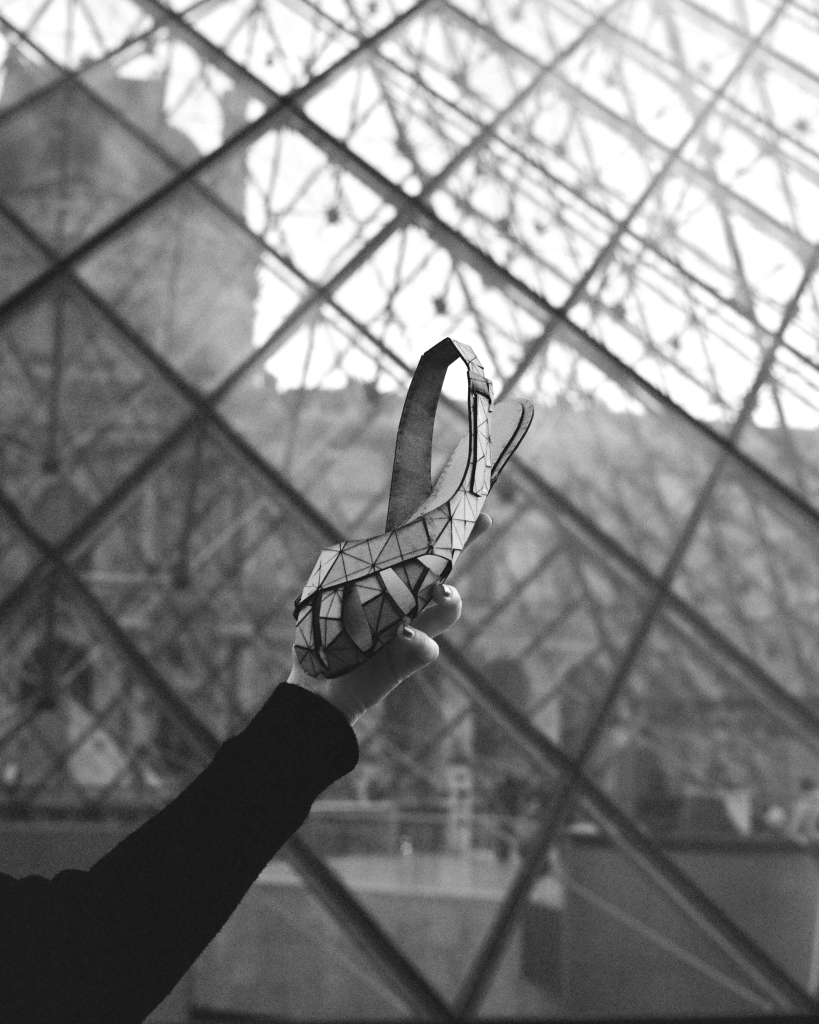Zachary (Zak) is a master’s student at Imperial College London and the Royal College of Art, currently completing an MSc/MA in Innovation Design Engineering, specialising in the application of virtual reality to enhance patient rehabilitation and medical literacy. Zak has a comprehensive experience in a wide range of VR applications, including haptic and force-feedback suits for immersive gaming, virtual training software to aid citizen science and visualising medical data for educational purposes.
INTERVIEW WITH ZAK
Tell us about the inspiration behind your project.
Disposable footwear, commonly found in airports, hotels, hospitals and even spray tanning booths, are made of non-renewable materials such as EVA or polypropylene. Motivated to overcome this problem, I created a fully bio-degradable disposable shoe made entirely from waste cardboard. The shoes can be flat-packed, making them easy to transport and store in bulk while also tackling the overlooked issue of cardboard pollution which is a significant source of methane emissions in landfills.
How did you come to work with your chosen natural material? What do you find makes natural materials so good to use?
All the cardboard used to make my shoe was found on the side of the road on my commutes to and from university. Cardboard, abundant in our everyday life, is very versatile: it is flexible, lightweight and can be toughened to become water resistant.



What are your thoughts on natural materials & sustainability, and how do you think natural materials can adapt to a design industry increasingly focused on sustainability?
I think it’s important to look at nature and observe how materials have evolved for a wide variety of functions. From the wicking of water off the surface of a leaf to re-fertilising soil. When incorporating these materials into modern life, I believe it’s good to look at the ways nature incorporates them already.
Tell us about if/how you’d like to evolve and continue your work with natural materials in the future.
I’m interested in using virtual reality to build immersive educational experiences. This could be a brilliant way of teaching people, especially children, on the importance of working with sustainable, natural materials.
Follow Zak on his socials
Instagram: @_zacharyberry_
Linkedin: Zachary D.P. Berry
Website: www.zacharyberry.co.uk